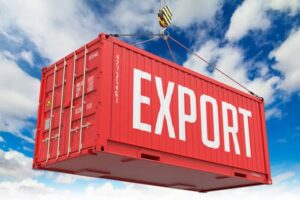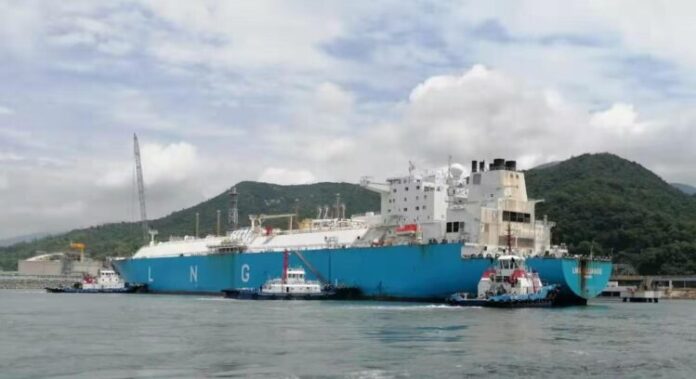Foreign shipping firms have raised alarms regarding the excessive duration required for Nigeria to conduct investigations and prosecutions involving vessels and crews apprehended for drug and human trafficking offenses. They argue that this lengthy process is deterring ships from docking at Nigerian ports.
In light of this, the companies have urged the National Drug Law Enforcement Agency (NDLEA) to reconsider its current strategies for managing drug seizures aboard vessels. They suggest that the agency should implement more efficient practices similar to those employed by countries like the USA, Europe, and Brazil to minimize delays for ships and crew when drugs are discovered on board.
These concerns were articulated in a communique released at the conclusion of a recent one-day conference co-organized by the Maritime Security Providers Association of Nigeria (MASPAN) and the Alumni of Maritime Academy of Nigeria (AMANO) in Lagos.
The conference, themed “Drugs & Human Smuggling/Trafficking: The Evolving Maritime Security Threats to Ships and Seafarers,” attracted a diverse audience, including foreign and local stakeholders such as government representatives, policymakers, ship owners, security professionals, law enforcement officials, and other interested parties.
Participants in the communique highlighted the significant financial losses faced by ship owners and importers due to drug and human trafficking incidents at seaports. They noted that prolonged investigations into drug trafficking and stowaway cases in regions lacking sufficient legal frameworks place a considerable financial strain on shipping operators and importers.

In his keynote address, Suresh Prabhakar, Director of Operations at Pacific Basin Shipping Limited in Hong Kong, shared alarming insights. He revealed that between February 2021 and July 2024, four bulk carriers transporting sugar from Santos, Brazil to Nigeria encountered drug-related issues, resulting in serious repercussions for both ship owners and crew members.
Prabhakar reported that each vessel was found carrying substantial amounts of cocaine, ranging from 18 to 43 kilograms, which led to extended detentions by the NDLEA.
He noted that investigations caused delays of four to six months for each ship, with owners required to post hefty bonds ranging from $2 to $5 million before release. On average, 10 crew members per vessel were detained, with bail set at $40,000 each, allowing them to stay in hotels rather than detention facilities. However, this bail amounted to $400,000 for ten crew members, providing little relief from the psychological and emotional strain of prolonged detainment.
Prabhakar emphasized the particularly harsh circumstances for crew members aboard two vessels, who faced detentions lasting about 20 months before being freed following numerous court hearings. For the other two ships, crew members remain in custody in Lagos, with their legal proceedings still ongoing.
He disclosed that one crew member had endured 34 months of detention, while another had been confined for 13 months.
The foreign shipping operator expressed deep concerns over the trend in Nigeria, highlighting the severe mental and physical toll such incidents inflict on crew members and their families.
“Careers are frequently derailed, leaving families in dire financial and emotional stress,” he lamented.
“The financial impact on ship owners is also substantial. In addition to bonds and legal expenses, they must continue to pay crew salaries and support their families during these extended periods of detention. This situation has profound ramifications for the industry, as owners are compelled to reevaluate trade routes to mitigate the risk of similar occurrences.”
Prabhakar concluded by stressing that such incidents pose significant challenges for ship owners in maintaining their operations.




